National Centre for Biological Sciences Colleges
5 years ago - AGRICULTURE - Bengaluru - 570 viewsThis year NCBS will commemorate its Silver Jubilee. There is a huge buzz on the campus with a number of Conferences, and Workshops spanning the range of biology, occurring throughout the year on the campus. This will culminate in our customary Annual Talks, 11-14th Jan 2017, when we plan to have a celebration forour Silver Jubilee.
As we reach this milestone, we are better placed to acknowledge and appreciate our past. This means documenting and archiving our inception and history, from the distant rumblings of creating a Molecular Biology Unit at TIFR in Bombay to Obaid’s (Obaid Siddiqi, the founder of NCBS) decision to expand Biology outside Colaba, to the approval of the NCBS ‘project’ by the Union cabinet on 22nd October 1991. Archives@NCBS has now begun in earnest, and is also fueling a sizable exhibition on the History of NCBS put together by the Science and Society program. We look forward to opening this exhibition during our Annual talks.
Our past is also encoded in our Alumni. We now have a sizable number of individuals who have been through our portals; students, post-doctoral fellows and also some faculty spread all over the world. An Alumni association was formed earlier this year, and we will have our second Alumni meeting in December, where we hope many of our far flung NCBS’ites will descend on us for old times’ sake, and to help record our history.
To commemorate our Silver Jubilee, we are also expanding many aspects of our Public Engagement and Outreach. With the success of Moth Day where Sanjay (Sane) and his colleagues put together a wonderful day showcasing some exciting experiments to our wider community, we are expanding this to build up Open days for high school students. We are creating a Museum space for more programmatic engagement with our community. We strongly feel that the study of any biological system demands an understanding of its contingent history, and to communicate the excitement of biology we need to tell a story about our past. A Science Museum will serve to tell stories about our biological past, with the passage of time etched in physical rocks and metaphorical fossils. We are also putting in place a Collections facility, to document our unique biological diversity, and create a type repository, so needed in this country for the scientific study of our biogeography.
This year hosts a feast of science that spans our full range in the campus (https://www.ncbs.res.in/events). In addition, a special seminar series on Ecology and Evolution organized by Deepa Agashe is in full swing with a number of exciting talks that address this growing area at NCBS. This is accompanied by a view from a historical, social and ecological perspective of what we have done to our immediate neighbourhood, and by extension our planet. Mahesh Rangarajan with Jayshree Ratnam and Ajith Kumar from our Wild Life and Conservation Science program, in collaboration with Aparna Banerjee at Science and Society have curated a series of discussions on the Future of Nature, to culminate in a book next year.
With the establishment of a credible scientific culture, we have also been able to embark on a new and ambitious Program on Chemical Ecology. Inspired by K. S. Krishnan along with Mani Ramaswami and P. Balaram and their explorations of native cone snail species and toxins, Chemical Ecology has become a major magnet for collaborations, especially for our colleagues just North of us in the University of Agricultural Sciences, and a little further North, in the North Eastern limit of India. Given the interest already generated, I am confident in the coming years this program will drive research at our array of field stations, now spread all across the diverse ecosystems of our country.
Closer to home, we are beginning to form a new ecosystem for biological research on the Campus, from fundamental research in individual laboratories, to thematic research with a more translational focus and encompassing a potential for technology development and entrepreneurship in the Life Sciences, ‘The Bengaluru Life Sciences Cluster’. This is now under the strategic administrative stewardship of Mr. Knight Paul Pandian, former Financial Advisor to the DBT and Ministry of Earth Sciences. Many challenges, not the least being able to steer a steady ship in seas of inter-departmental angst, loom large but if we can ensure that the three entities NCBS, inStem and CCAMP are in this for the long and productive haul, there is a lot going for this concentration of science and scientists in the North of Bengaluru. Under this cluster initiative, a Big Data and Cryo EM facility for structural biology is underway, which will put our campus on the map with a major Structural Biology Initiative.
This cluster has also facilitated a major multi-institutional programme linking NCBS, inStem, NIMHANS, and CMC Vellore, garnering support from the DBT, and based on accelerating the application of stem cell technology in human disease to engage with Blood and Brain disorders (ASHD) [ https://www.ncbs.res.in/adbs/]. The Brain Disorders programme, anchored at NCBS by Raghu Padinjat and in collaborations with inStem, clinicians at NIMHANS have come together to take on a programme of national dimensions on accelerating discovery in brain disorders using stem cells (ADBS). Over the past years, five clinics at NIMHANS have engaged with patients with familial incidence of clinically diagnosed mental illnesses, and have recruited these families to a major longitudinal study. Deep clinical phenotyping, blood samples, stem cells and genomic information at different levels are being collected from these individuals, and unaffected family members, to develop a long term study of the causes and consequences of these disorders. Support from Kris Gopalakrishnan (Infosys co-founder) and the The Pratiksha Trust set up by Kris and Sudha, have made it possible for us to take on these challenging initiatives.
Our Silver Jubilee year marks a new effort on our side to develop a major Endowment fund for our campus. We are seeking Endowment funds for institution building as well as providing flexible support for a number of initiatives to commemorate this landmark year. With 25 (crores) for 25 (years) as our slogan I am sure in Bengaluru alone we will be able to raise this modest goal from the Friends of Science in this Science City. This is just a beginning and we hope to capitalize on our success this year to create a long-term sustainable fund for the campus.
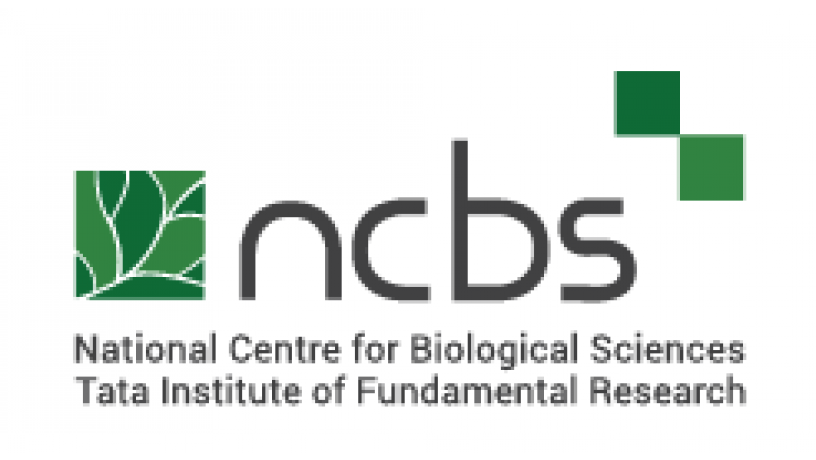
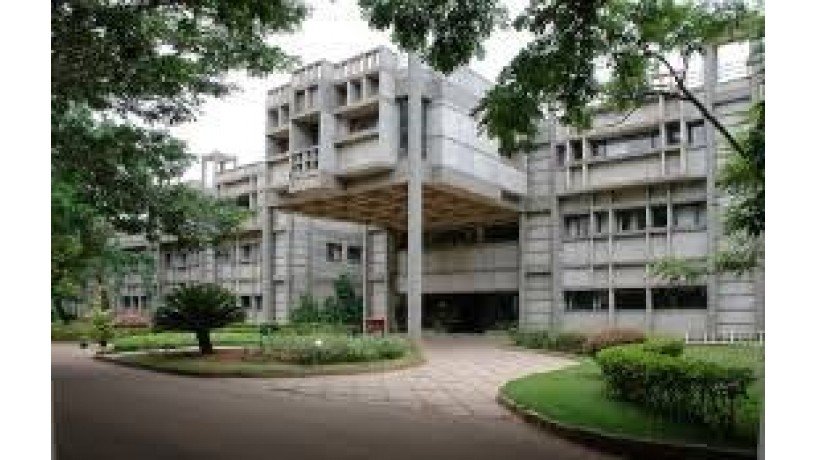
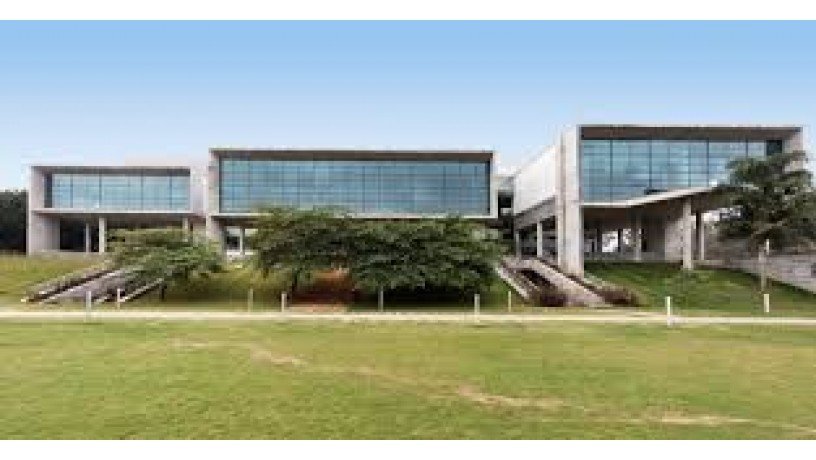





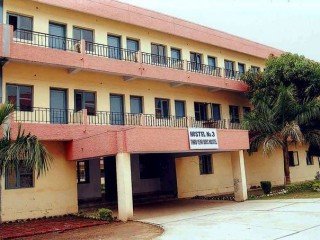
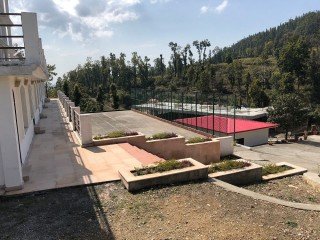
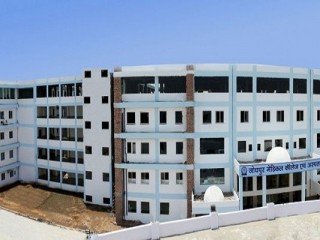
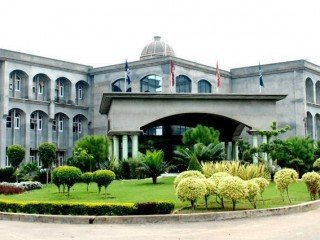
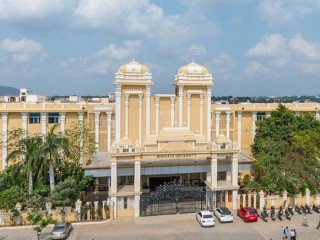
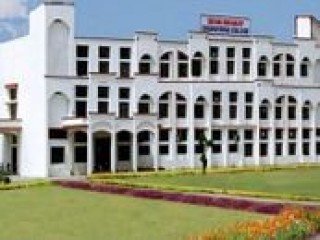
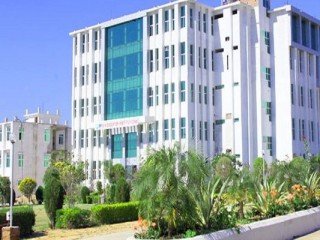
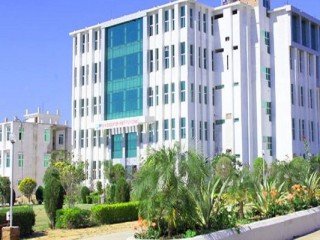
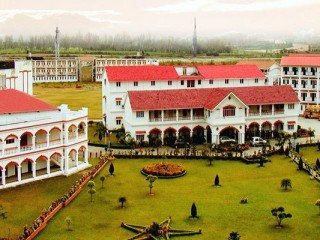
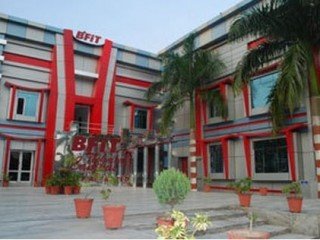
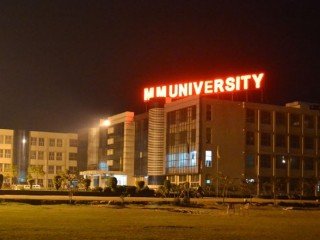
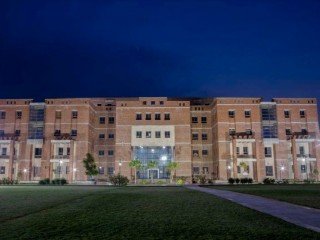
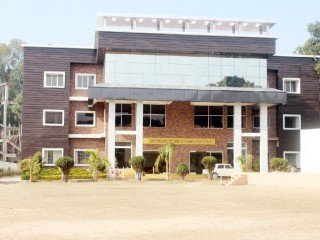
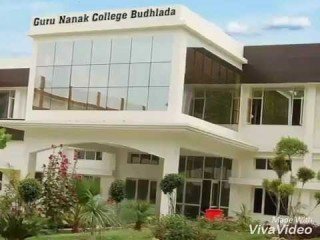
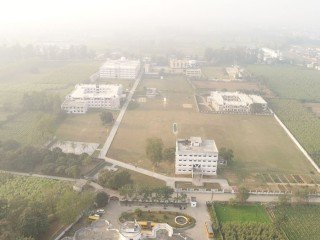
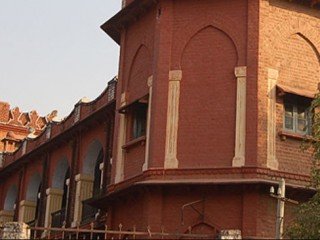
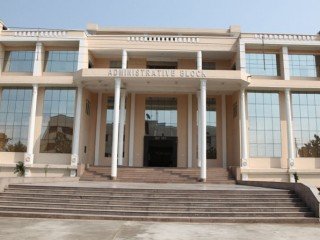
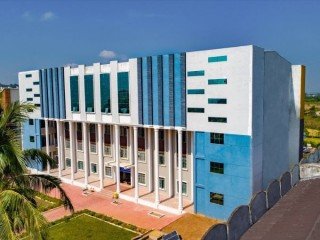
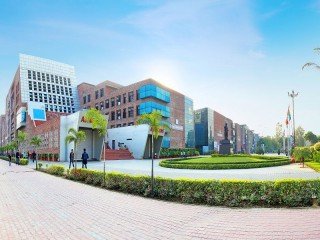
![CENTRAL INSTITUTE OF COTTON RESEARCH- [CICR], NAGPUR](https://careerworldedu.com/storage/files/in/2469/thumb-320x240-d42021e1c1c2152ed137a32d82fa5f32.jpg)
